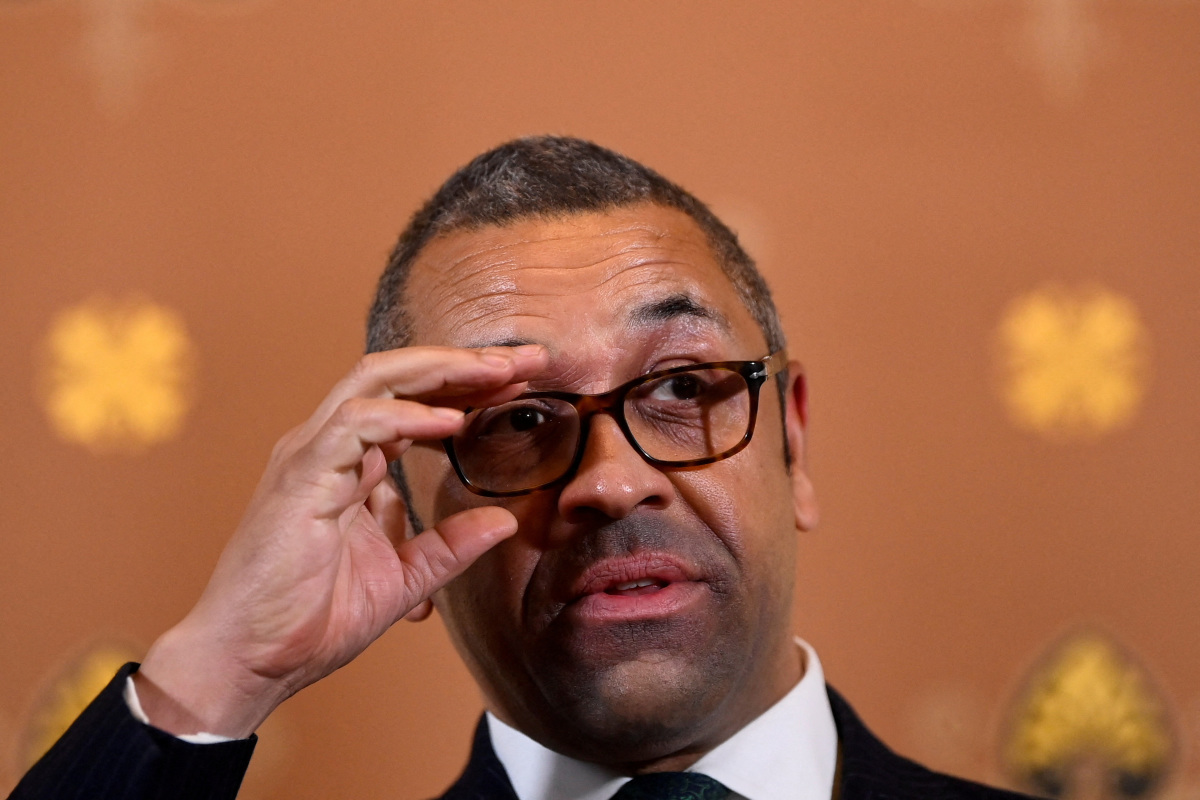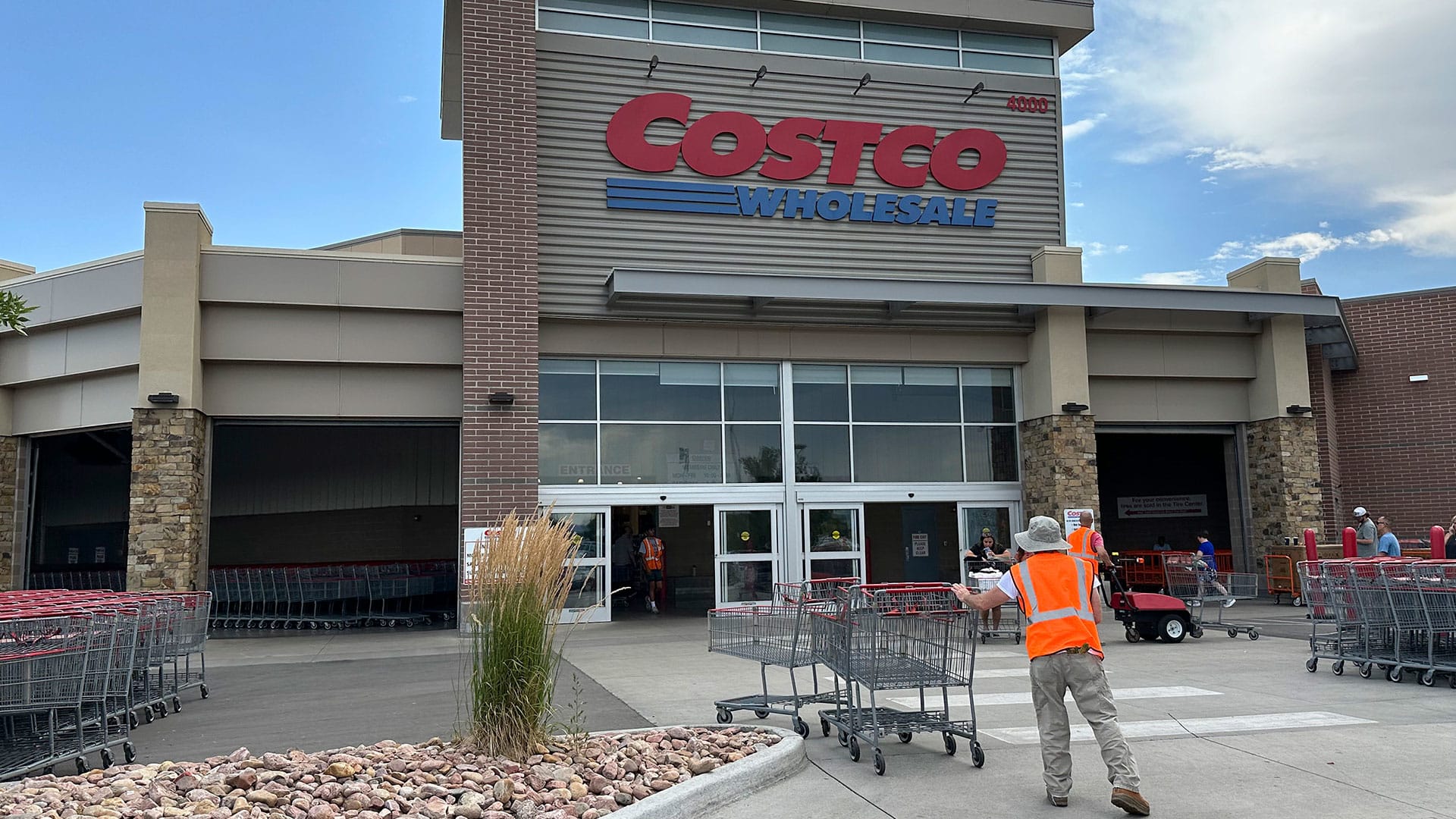The battle to tackle global conflicts like the Gaza crisis took a new dimension today as Britain and the UK reiterated their commitment to collaborate in preventing it.
The UK Home Secretary James Cleverly, stressed the essence of the UK-India partnership in tackling global conflicts from spilling over at the India Global Forum’s (IGF) 6th annual UK-India Parliamentary Lunch at the House of Lords on January 24. The occasion marked the first visit of an Indian defence minister to the UK in the last 22 years.
Speaking about the UK-India partnership, British Home Secretary James Cleverly said the ties between the two nations are a “force of good” which will help in global peace efforts.
This comes at a time when the Gaza crisis has intensified as Netanyahu rejected the Palestine statehood proposal and the UK Foreign Secretary David Cameron is touring the Middle East trying to build consensus for a two-state solution for an immediate ceasefire.
The Home Secretary said: “It was incredibly important that India’s defence minister visited the UK because in a turbulent world, and a potentially turbulent region, having strong and long-standing partners, as we do with India, closely coordinating on security on the preservation of peace is incredibly important.”
“Of course, the military relationship between India and the UK is very long-standing. I really hope that together, demonstrating a strength of purpose, demonstrating a commitment to democracy, and demonstrating a willingness to defend our values, the UK and India can work together to prevent the conflict spilling over and engulfing other parts of the world,” Cleverly added.
The Indian High Commission to the UK and Lord Jitesh Gadhia hosted the UK-India Parliamentary Lunch which had major representatives from the business, finance and political worlds of the two countries, especially Britain. The event was meant to celebrate the growing ties between the two countries.
Lord Gadhia revealed how the UK-India bilateral ties depend on political leaders and diplomats, especially the importance of free trade agreements (FTAs).
“Though a significant element of the UK-India bilateral, agenda lies in the hands of political leaders and diplomats, especially the FTA negotiations, a lot of the activity flows from the two-way traffic of people, ideas, commerce and collaboration, which is such a defining characteristic of the UK-India axis,” said Lord Gadhia.
UK-India partnership can help other countries to leverage Indian technology
The Home Secretary further explained how India’s intellectual and technological strength is essential for this partnership.
“The intellectual horsepower of India is enormous and getting bigger. Whether it is dealing with potential future pandemics or dealing with non-communicable diseases or dealing with the opportunities and risks of AI or financial services or sustainable agriculture, I struggle to think of any sector where coordination and cooperation between the UK and India will not be a force for good in the world,” said James Cleverly
Speaking of the global conflict dashboard flashing red lights, the Internet Governance Forum (IGF) Chairman and CEO Manoj Ladwa said: “As we have seen, approaches and responses can vary, even between the closest of partners.
“These divergences are more about nuance and emphasis, rather than the fundamental values of the rule of law, freedom of belief, diversity and inclusion, freer trade, and democracy, that we all so cherish.”
Ladway continued: “In such times, democracies must work harder together. Because we all know, democracies work best, when democracies work together.”
Meanwhile, India’s Deputy High Commissioner Sujit Ghosh underlined the role of India in helping others as its economy prospers.
“India is not just creating opportunities for its people but also for the rest of the globe. The UK is uniquely positioned to benefit from India’s rise. The time has come for our friends in the UK to shed their old lens and see India for what it is,” said the Deputy High Commissioner.







